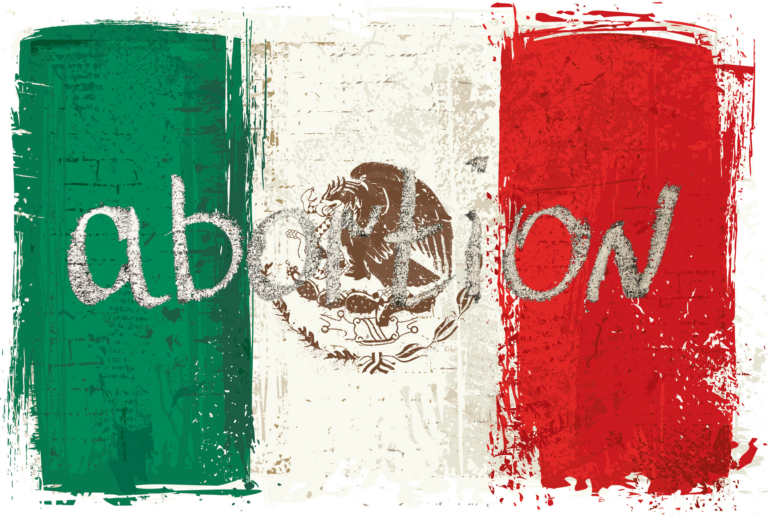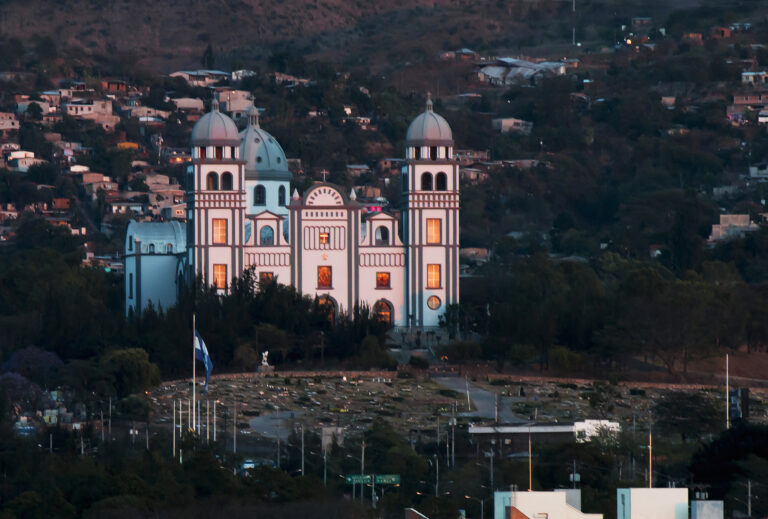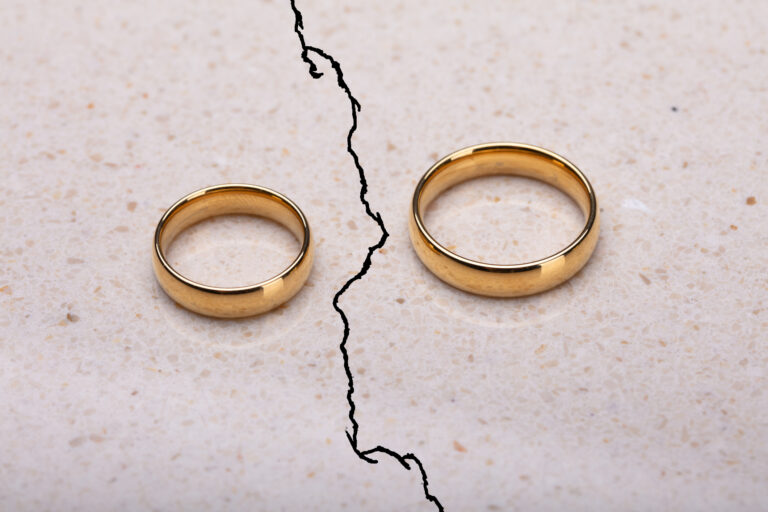I bought the latest Michael Crichton novel, State of Fear, as I was about to board the all-night flight from Phoenix to Washington, D.C. I figured that a fast-paced science thriller by the author of Jurassic Park, The Andromeda Strain, and like books would help the hours to pass. I hadn’t a clue as to what it was about. In fact, the dust jacket cover, usually good for a short synopsis of the plot, seemed unusually vague. All it said was that the contents were “provocative” and “thought-provoking,” guaranteed to “keep…the brain in high gear.” I don’t sleep on planes anyway, so putting my brain in neutral was not an option. “High gear” sounded perfect.
I skimmed through the opening scenes. In Paris, a physicist dies after performing a laboratory experiment for a beautiful visitor. In the jungles of Malaysia, a mysterious buyer purchases deadly cavitation technology. In London, a middleman shows too much interest in a shipment of wire-guided anti-tank missiles, and dies a sudden death. Nothing out of the ordinary here, at least for the extraordinary Michael Crichton.
Fact in Fiction
But on page 43, just as the passengers around me began to doze off, I began to sit up and take notice. The action had moved to Iceland, where an expert on glaciers had cast doubt on global warming by concluding that the island’s rivers of ice were advancing, not retreating, And the environmental organization funding his research was desperately trying to convince him to suppress his results:
“The reality is what you do not want me to publish,” [the glaciologist] said, pounding the table again.
“Now, Per — ” [said Nicholas Drake, head of the National Environmental Resource Fund.]
“The reality,” [the glaciologist] said, “is that in Iceland, the first half of the twentieth century was warmer than the second half, as in Greenland. The reality is that in Iceland, most glaciers lost mass after 1930 because summers warmed by .6 degrees Celsius, but since then the climate has become colder. The reality is that since 1970 these glaciers have been steadily advancing. They have regained half the ground that was lost earlier. Right now, eleven are surging. That is the reality, Nicholas. And I will not lie about it.”
And this arresting passage, like many others I was soon to come upon, is footnoted with a 2004 article from the scientific journal, Climatic Change. We have left the realm of science fiction for science facts.
Debunking Global Warming
The villains in State of Fear are environmental hustlers, who seek to cow the rest of us into ponying up for their crackpot ideas. Since the data — which Crichton reveals in dozens of charts, graphs, and footnotes — do not prove that global warming is causing shrinking glaciers, rising seas levels, and other catastrophes, these fear — mongers set out to create their own. The cavitation equipment mentioned above is intended to manufacture a deadly tsunami to hammer the West Coast on the last day of a conference on abrupt climate change. The anti-tank missiles are intended to create a deadly storm whose flash floods produce hundreds of drowning victims for the television cameras. And thus more “evidence” of abrupt climate change.
But Crichton is not content to merely debunk global warming and its self-serving environmental advocates. In a remarkable series of footnoted slamdunks on page 400, he disposes of nearly the whole litany of environmental woes, as when he calls banning DDT:
the greatest tragedy of the twentieth century. DDT was the best agent against mosquitoes, and despite the rhetoric there was nothing anywhere near as good or as safe. Since the ban, two million people a year have died unnecessarily from malaria, mostly children. All together, the ban has caused more than fifty million needless deaths. Banning DDT killed more people than Hitler, Ted. And the environmental movement pushed hard for it (p. 487).
Strike Against Fear-Mongers
I don’t want to leave you with the impression that the novel is nothing more than a political broadside against environmental hysterics. The arresting snippets quoted above are woven entertainingly into a page-turner that takes you on adventures to Antarctica, to the American West, and down to the South Pacific. Still, Michael Crichton isn’t for everyone. This particular novel has to be rated R for occasional bad language and a couple of brief incidents of casual (though not graphic) sex. Nor is there anything (sigh) in the book about the myth of overpopulation. But Crichton has nevertheless struck a mighty blow against those who would paralyze us with fears of environmental disasters, and who would rule us, if we would let them, by playing on our resulting insecurities.
Steven W. Mosher










